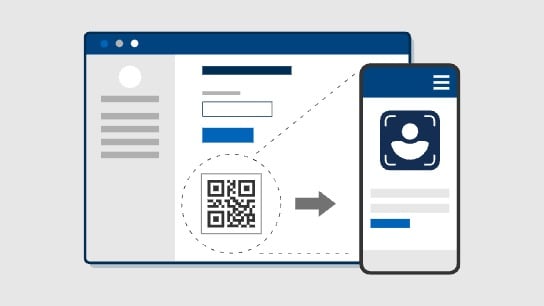A variety of attempts to establish or expedite the implementation of digital IDs and other forms of similar infrastructure, to enable unprecedented levels of centralization of data and highly likely mass surveillance – if and when “the powers that be” decide to go for it – get a fair amount of reporting, when it comes to England and Wales.
But, what’s happening in another – and a large one at that, of UK’s “countries” – Scotland?
Nothing to look forward to, according to privacy campaigners. Like in so many places around the world, Scotland is in the process of implementing a digital ID system in the name of reasonable and worthy causes – such as streamlining access to government services, including key ones tied to healthcare, benefits, and taxes.
But beyond the positive narratives attached to such policies, the overarching and unavoidable real-world problem with the schemes remains the same – centralization of massive amounts of citizens’ most sensitive data in effectively one place.

That place – i.e. database – is then given access from across various government agencies, thus dramatically increasing the risk of illegal access, as well.
Once in place, these databases are what both common criminals, like hackers, as well as unsavory governments (both a country’s own, and foreign ones), can access to cause significant harm to citizens.
Because even those actively pushing for and implementing these systems realize how controversial and potentially damaging to citizens they are – the “not mandatory disclaimer” is almost invariably attached to them.
That’s true of Scotland’s grand ambition here to include the entire population’s data into a system available to a large number of government departments.
But the Big Brother Watch civil rights group sees the rollout in Scotland as another reason to remind everyone that “a legal right to non-digital ID” is urgently needed.
“Otherwise such schemes could become a mandatory ID system in all but name, disadvantaging the millions of people in this country who rely on physical documents and letters, and cannot or choose not to use digital identity systems,” said the non-profit’s Madeleine Stone.
Stone’s comment was focused on potential harm from “criminals and hackers.”
Scotland’s push was initiated by the previous SNP government, originally dubbed, “Digital Identity Scotland.”
Currently in the pilot stage – the scheme is now known as, “ScotAccount.”










